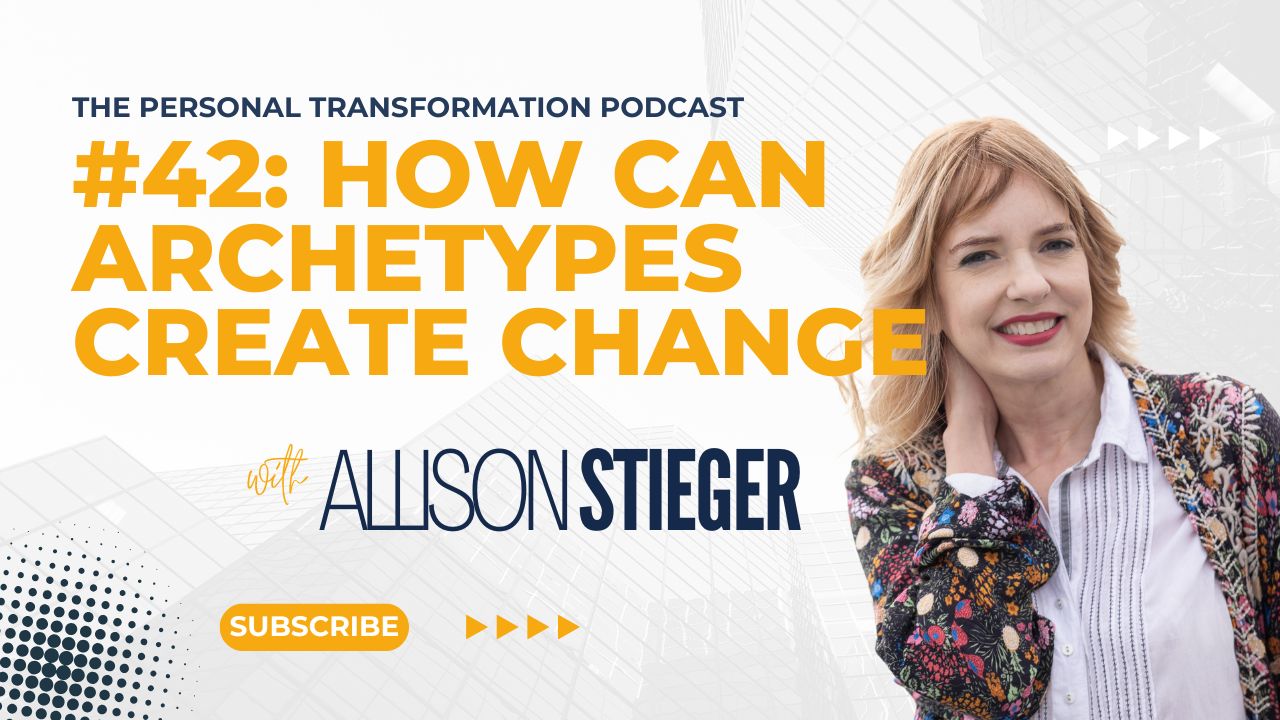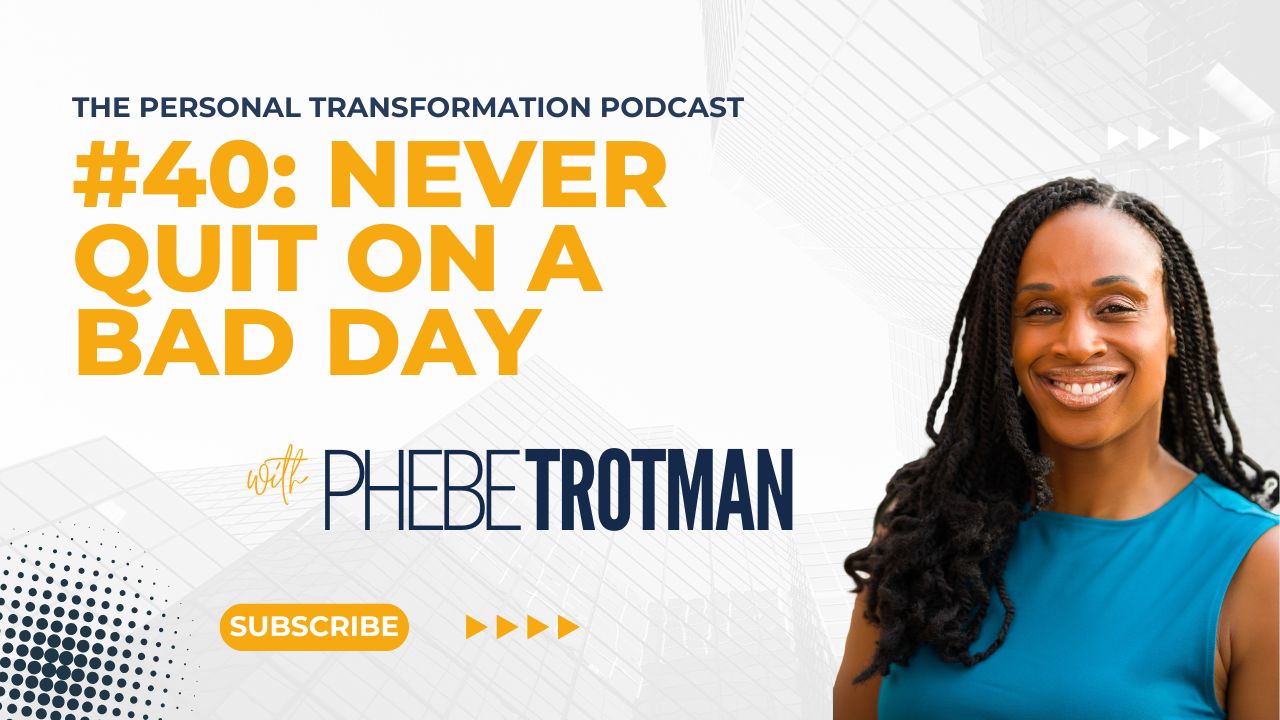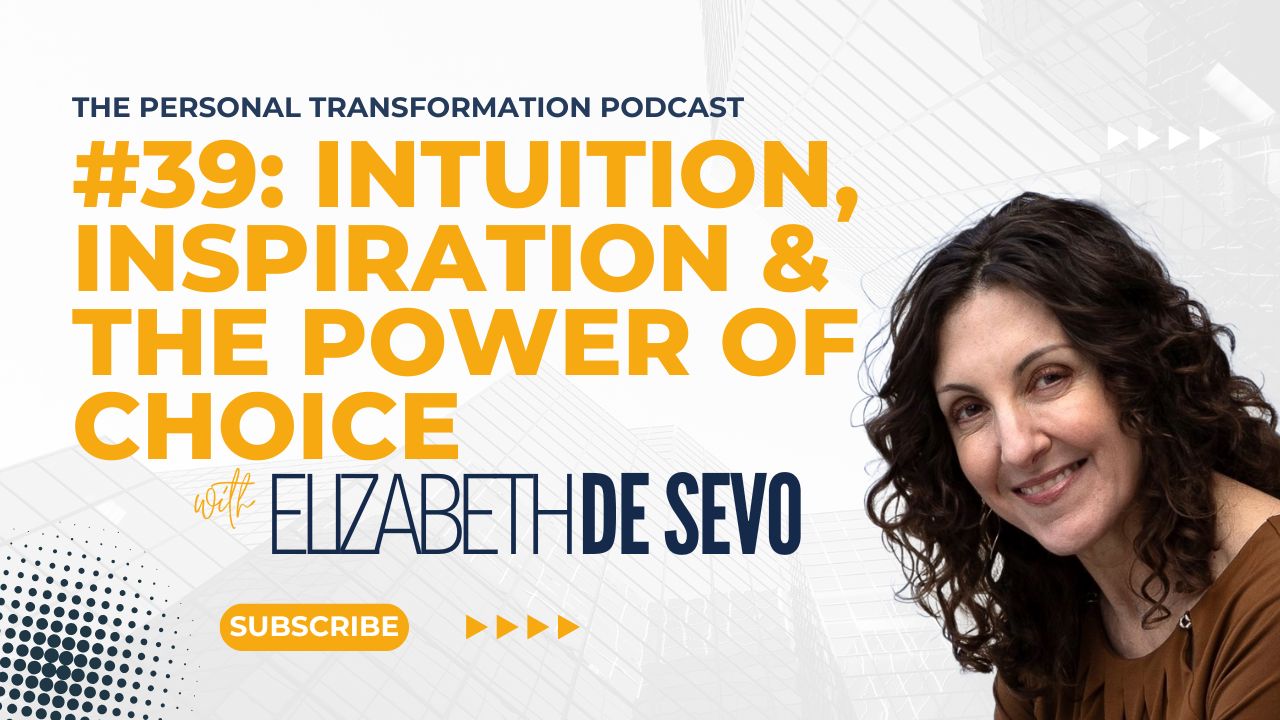Goal setting is big business.
There are over 50,000 results for Goal Setting books on Amazon. Every personal development program involves some form of goal setting. In business, you will find entire consultancies dedicated to goal setting in the form of OKRs or MBOs.
Whatever the situation, if you want to climb the ladder of success, the first step is figuring out where to position your ladder.
If you are already sold on the idea of goal setting, then you can stop reading this article and immediately move ahead and download my goal setting workbook to start applying more of the science of goal setting to your objectives.
This article is for anyone who is not yet convinced that goal setting works, or maybe isn’t regularly using goals to achieve greater levels of success in life.
Why don’t people set goals?
Ralph Waldo Emerson once wrote “The mind, once stretched by a new idea, never returns to its original dimensions”.
This means there are two groups of people that do not set goals.
The first group are those people that have yet to be exposed to the potential of goal setting, or at least be aware of a way of harnessing their intentions in a more concerted manner. If you fall into this group, this article will shortly highlight the potential effect goal setting can have on you and your ability to create results in life, with the goal to have you immediately take action and begin setting goals for yourself.
Those remaining fall into the second group, which are those people who are aware of the powerful effect goal setting can have on results, and yet choose not to take advantage of the impact even a simple goal setting process can deliver. For these people, something is holding them back, getting in the way, or causing them to procrastinate from sitting down and spending the time to design their future. If you fall into this group, the goal is to help you identify which of the obstacles to goal setting you are experiencing, and then sharing with you how to get past this hurdle.
Whatever group you fall into, the goal of this article is to convince you that you 100% need to be setting goals for yourself, and the sooner you start, the better.
So let’s start by talking about what is goal setting are and how does it work.
What is Goal Setting?
Goal setting is a process which allows people to get clear on the results they want to achieve, the motivation behind these goals, and how they will measure success along the journey.
Goal setting can be as simple as setting yourself a SMART goal (Specific, Measurable, Achievable, Realistic, Time-Bound) such as I want to lose 10kg in the next 3 months, or I want to pay off half my mortgage in the next 2 years.
Goal setting can also be more complex, for example with OKRs where Objectives can be measured by multiple different Key Results. For example, a business Objective to grow an Enterprise business segment, and the organisation might measure metrics such as number of clients, revenue, pipeline, each managed by different teams. Each team would then have a series of goals and objectives for the areas they impact the larger objective.
By setting goals, people are effectively able to prioritise their efforts and make better decisions about how they spend their time, money and other resources to maximise their performance and productivity.
How Does Goal Setting Work?
Although the process of goal setting can sound quite simple, the impact it has far outweighs the effort it takes to define our goals.
Most people are of the opinion “if something sounds too good to be true, it probably is”, and rightly so. The world is full of things that over-promise and under-deliver, and we have all fallen for one of these scams at some point in life. So if you can’t immediately see how sitting down and writing out a few words on some paper is going to make you immediately successful, it is natural to be a little sceptical.
However, scientists have spent decades researching goal setting theory, and how goal setting impacts our psychology to help make us more successful. They have proven that goal setting works, that people with goals are more productive and successful than those who do not set goals, and what we need to consider to make goals more effective. Much of this understanding has been driven by Edwin Locke and Gary Latham and their excellent work on goal setting theory.
Check out the 9 research-backed mechanisms that help us understand how goal setting works.
1. Goals Direct Attention.
Setting goals helps us focus on the important and filter more of the noise that distracts us. In psychology, the Reticular Activating System is the part of the brain that helps us filter information, and by setting goals, we are able to program it to become more perceptive of information relevant to our goals, allowing us to stay more focused.
2. Goals Energise Us.
Ever noticed how much work you can get done on a Friday before a holiday? Having a goal allows us to tap into an energy source that doesn’t seem to be available to us normally. When we are excited by and focused on our goals we are more energetic, more vibrant, more alive, enabling us to be far more productive than at other times.
3. Goals Affect Our Persistence.
If we are committed to achieving a specific result, we are far more likely to continue in the face of adversity than if we are merely interested in being involved. As soon as we set goal, especially big goals, there will be obstacles. It is these very obstacles that divide the successful from the unsuccessful, and goals help us realise we need to get past them whatever it takes.
4. Goals Encourage Knowledge Discovery.
If you want to accomplish something new, you are either going to need to learn new skills, or figure something out by applying the skills you already have. People without goals see knowledge gaps as a reason to quit trying. People with goals ask themselves the question “how could I?” and then go in search of the knowledge to proceed.
5. Goals Increase Sense Of Control.
By having a goal, we feel a sense of agency in a given situation. The quote “we cannot direct the wind, but we can adjust our sails” helps us realise that, even when times are hard, by setting the direction we want to head in, we can still impact our situation and work toward something better.
6. Goals Increase Feeling Of Satisfaction.
We feel good when we achieve something, so successful goal setting and achievement is related to satisfaction. Even more challenging goals, those that are less likely to be achieved, can help increase satisfaction by impacting more internal elements associated to the effort, such as the feeling of pride of doing our best.
7. Goals Help Us Deal With Failure.
Without goals, failure feels like a dead end designed to halt our progress. When we have a goal to go beyond that point, it is easier to find the lessons in failure and learn how to deal with similar situations in the future. We also push ourselves outside of our comfort zone, which also exposes the limits of our abilities and opens us up to more failure, so it is good we are primed to learn from it.
8. Goals Program Our Unconscious Mind.
Once we set our goals, our brains actually become primed with this goal in the periphery of our consciousness at all times. This allows us to make decisions and take actions that are more in alignment with our goals without having to constantly refer to our written goals or vision boards.
9. Goals Cause Action.
Just like the sun’s rays can be focused, so too can our actions. Although we may believe we are being productive, it isn’t until we have goals that we find out just what we can accomplish. Goals create more action, focus our actions into areas that are more aligned with our priorities and instigate supporting beneficial behaviours.
So as you can see, simply by setting goals, there are so many psychological benefits that arise, whether or not you even succeed at achieving them.
Why Don’t People Set Goals?
So with so many benefits to goal setting, why doesn’t everyone who is aware of its importance and potential take the time out to regularly set themselves some goals? What could it be that holds them back, and how could we think about things differently to let go of our excuses and take advantage of everything goal setting has in store?
Fear is often put at the centre of why people don’t do something, and while there is certainly an element of emotional apprehension, we will often explain it logically. If we are able to face our rationalisations and reframe them effectively, we will remove the barriers holding back from setting goals.
Let’s look at the top 5 reasons people don’t set goals, and a quote to encourage you to think differently instead.
1. We DON’T Believe It Will Work
We are sceptical of the importance of goal setting and don’t think it will work. More importantly, we don’t believe it will work for us, as if there is something that separates us from those that are more successful in life. As a result, we don’t try things because we believe it won’t make a difference anyway, so why even try in the first place.
“Life is short, break the rules, forgive quickly, kiss slowly, love truly, laugh uncontrollably, and never regret anything that made you smile. Twenty years from now you will be more disappointed by the things you didn’t do than by the ones you did. So throw off the bowlines. Sail away from the safe harbor. Catch the trade winds in your sails. Explore. Dream. Discover.” – Mark Twain
2. We DON’T Want To Be Held Accountable
As soon as we say we are going to do something, even if we only say it to ourselves, we are now accountable for the result. Accountability, responsibility, duty; all of these words have a weight associated. Many people in life don’t want the additional pressure that comes with setting goals, despite knowing that it is the same pressure we need if we want to create diamonds.
“Ignorance is a progressive thinker’s enemy; acceptance, awareness, accountability and action are the tools of the informed; of people who want change and do all they can to achieve it.” Carlos Wallace
3. We DON’T Want To Risk Failing
Yes, living on the edge of your comfort zone may not be comfortable, and yes, at times things won’t always go your way. In life, we are conditioned to seek certainty, to lower risks, especially related to the unknown. And yet, there is a reason one of the main things people regret at the end of their life is not having the courage to live a life the to themselves.
“My father could have been a great comedian, but he didn’t believe it was possible for him. And so he made a conservative choice. Instead, he got a job as an accountant, and when I was 12 years old, he got let go from that safe job. I learned many great lessons from my father, not the least of which was that you can fail at what you don’t want, so you might as well take a chance on doing what you love.” Jim Carrey
4. We DON’T Want To Work For Something
We live in a world where we can cook our food in a microwave, order something from the internet that is delivered the same day and can even skip through the TV adverts. The idea of working for something over an extended period of time, without a guarantee for success, is a tough sell. However, if we want success, we must be able to delay gratification and do what is necessary today to have the possibility of having something great tomorrow.
“Time teaches all things to he who lives forever but I have not the luxury of eternity. Yet, within my allotted time I must practice the art of patience for nature acts never in haste. To create the olive, king of all trees, a hundred years is required. An onion plant is old in nine weeks. I have lived as an onion plant. It has not pleased me. Now I wouldst become the greatest of olive trees and, in truth, the greatest of salesmen.” Og Mandino
5. We DON’T Know How To Be Successful
For many of us, our dreams seem so far away that we don’t even know how we would get there, and therefore we never start. Success is more about figuring out how to stay on the path rather than having things all mapped out, so get started, figure out if it is working, and adjust accordingly. In the end, we often find our ultimate destination is a little different to how we envisioned it at the beginning.
“Take the first step in faith. You don’t have to see the whole staircase, just take the first step.” Dr. Martin Luther King, Jr.
If you haven’t been setting goals regularly, did you recognise yourself in any of the reasons for not setting goals above? If so, hopefully the description and the quote give you the awareness that you have something holding you back.
Whatever the reason for not setting goals, getting back on track is simple, and the action of setting goals will help you build the momentum you need to get moving towards greater levels of success.
So, What Are The Next Steps?
Hopefully the science has highlighted many of the benefits associated with goal setting and turned you onto the idea that goal setting is something you need to include in your regular activities. Additionally, the list of reasons why people don’t set goals should demonstrate that not setting goals isn’t an option as accountability, risk and hard work are all essential if you want to be successful.
The next step is for you to start setting some goals.
The Science of Goal Setting Workbook factors in all of the science highlighted above, along with many other aspects from goal setting theory, behavioural science and positive psychology that help ensure your goals are as effective as can be. The workbook takes you through the whole process right from figuring out what is important to you and understanding your motivation, through to identifying how to stay on track and creating new habits to support your goals.
To download your free copy of the Science of Goal Setting, enter your details below and get started on planning your future right away.



Leave A Comment